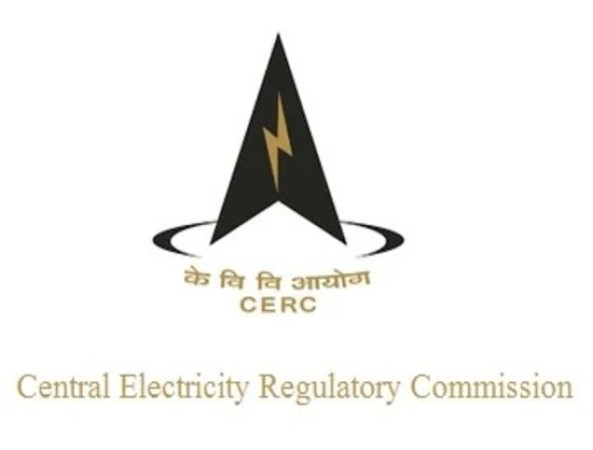
Follow India Renewable Energy News on WhatsApp for exclusive updates on clean energy news and insights
CERC Approves Tariffs for NHPC’s 3 GW Solar Projects Amid Procedural Delays
Mar 22, 2025
The Central Electricity Regulatory Commission (CERC) has approved tariffs between Rs2.52/kWh for NHPC’s 3 GW grid-connected solar projects. Additionally, a trading margin of Rs0.07/kWh was sanctioned.
NHPC had issued a tender for 3 GW of interstate transmission system-connected solar projects, attracting 16 bids. On December 7, 2023, letters of award were issued to eight selected developers. However, NHPC delayed filing the tariff adoption petition until September 20, 2024—well beyond the stipulated 15-day period. The delay was attributed to difficulties in finalizing agreements with DISCOMs in Uttar Pradesh and Maharashtra, which collectively secured the full 3 GW capacity through power purchase agreements signed between March and July 2024.
The delay in tariff adoption led Hazel Hybren (HHPL) to raise concerns, arguing that financing institutions require tariff approvals for project funding. HHPL also requested a 10-month extension in the scheduled commercial operation date (SCOD), citing regulatory changes, including increased basic customs duty on solar components, anti-dumping duties on aluminum frames, and higher GST on land leases. Green Infra Clean Wind Technology (GICWTL) demanded compensation for these additional costs, while MSEDCL opposed extra charges for projects commissioned after June 2026.
CERC acknowledged NHPC’s compliance with competitive bidding guidelines and deemed the tariff discovery process fair. However, it emphasized the importance of adhering to regulatory deadlines. The Commission ruled that HHPL’s concerns regarding project delays and financial impact were beyond the scope of this proceeding, advising it to file a separate petition.
This decision reinforces the regulatory framework for renewable energy tariffs while underscoring the importance of timely compliance in tariff adoption to avoid financial risks for developers and utilities.